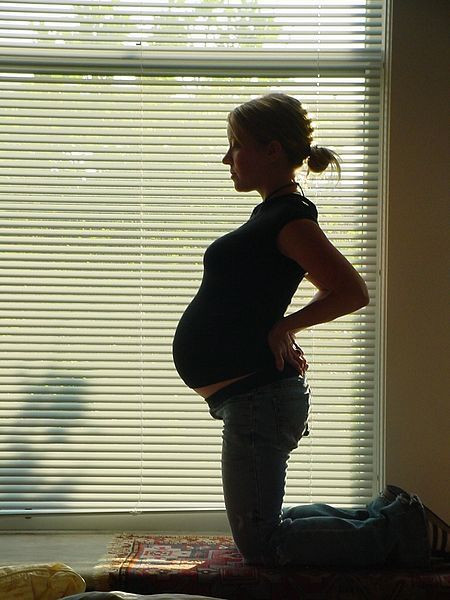Ireland’s Abortion Bill Could Save Lives, Says Irish Legislation

Since the 1980s, commuting between Ireland and the UK for safe and legal abortion procedures has been common among Irish women. Now, legislation in Ireland aims to reduce the number of women accessing abortion services in the UK by amending current Irish law.
At least 150,000 women have traveled from Ireland for abortion services abroad from 1980 to 2011, reported the Crisis Pregnancy Programme. On occasion, women have opted not to provide their Irish addresses for confidentiality purposes while others will give a UK address to obtain abortion care services covered by the National Health Service (NHS).
Currently, it is illegal to get an abortion in Ireland unless it is done to save the life of the mother.
The new draft bill, known as the Protection of Life During Pregnancy Bill 2013, would "save lives," said prime minister Enda Kenny. Aware of the controversy it stirred in the Roman Catholic nation, Kenny affirmed at a press conference that the bill will not create new rights but reconstruct existing constitutional rights.
The proposition for this bill will reinforce the Supreme Court judgment from "X case" where a 14-year-old girl began to have suicidal thoughts after she became pregnant through rape. After being denied an abortion, the teen experienced a miscarriage before the original decision was overruled.
In the United States, a study showed that two out of 100,000 women, who are pregnant or have a child that is less than one year old, kill themselves. The number of deaths brought on by medical conditions is relatively low in comparison to more common causes like murder and suicide in pregnant women.
During the first trimester of pregnancy, women are known to experience levels of anxiety or depression that add onto functional impairment. Depressed women are advised to seek routine medical care both during and after pregnancy to reduce the risk of preterm birth and other pregnancy defects, says the National Institutes of Health (NIH).
In the Irish draft legislation, lawmakers stated that they are taking precautions when it comes to the immediate threat of a pregnant woman's life. When the risk is suicide, the assessment will be made by an obstetrician or gynecologist with the company of two psychiatrists. Furthermore, the abortion will be administered by a registered medical practitioner at a indicated facility.
The pregnant woman will always have the final word on whether or not the abortion will take place.
The bill is about "clarity and certainty," said Kathleen Lynch, Minister of State at the Department of Health.
The nation reminds divided with Ireland's bishops, archbishops, and cardinal stating that the bill is "a dramatic and morally unacceptable change to Irish law." The argument of the Roman Catholic officials is that there are two lives at stake, not just the mother's.
Ireland's current policymakers and its Catholic conservatives are facing a hot political climate. The controversial issue of abortion will make this a long, enduring battle for the Republic of Ireland.



























